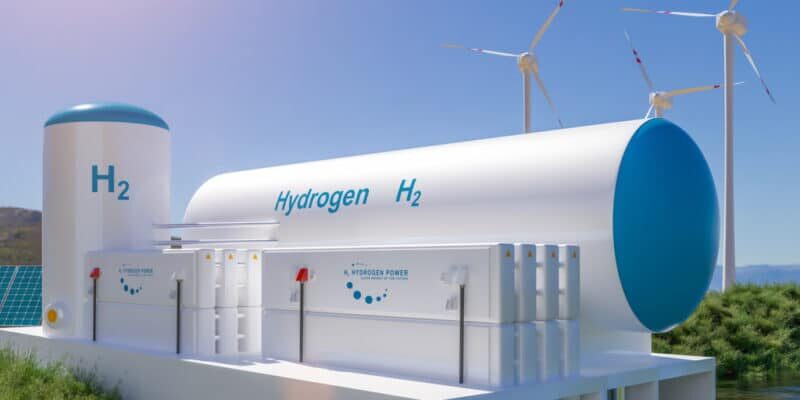The European Union considers green hydrogen crucial for the global energy future and views its collaboration with South Africa as vital in decarbonizing heavy industries.
The EU’s hydrogen strategy, outlined in 2020, aims to produce and import 10 million tonnes of hydrogen by 2030.
Following a R628 million deal to support South Africa’s green hydrogen agenda, the EU expressed its commitment to investing in hydrogen markets both domestically and globally, underscoring initiatives like the EU Hydrogen Bank and partnerships to develop hydrogen supply chains.
Of the allocated funds, R138 million will be directed towards revitalizing Transnet, the struggling state-owned rail, port, and pipeline company, which reported a R7.3 billion loss for the 2024 financial year, an increase from a R5.7 billion loss in 2023.
The EU delegation stated that safeguards are in place for fund usage, with due diligence and monitoring conducted through Agence Française de Développement.
Experts such as Bruce Douglas Young and Craig McGregor argue that this investment is just a fraction of what South Africa needs to become a significant player in the global green hydrogen market.
Environmental groups have raised concerns about potential colonial practices and the need for inclusive discussions to ensure a just transition, particularly regarding land displacement and water use.
According to the EU statement, a R490 million grant is expected to leverage R10 billion in private and public sector financing across the hydrogen value chain, aiming to attract further investments.
President Cyril Ramaphosa noted that a successful green hydrogen initiative could significantly boost the economy, potentially adding 3.6% to GDP and creating around 370,000 jobs by 2050.
However, Young and McGregor caution that the EU’s grants represent less than 0.2% of the estimated R410 billion required to produce one million tonnes of green hydrogen by 2030.
They emphasize the need for substantial funding from international partners for South Africa’s green hydrogen industry to thrive.
South Africa has identified green hydrogen as a key element of its just energy transition plan, aiming for equitable decarbonization.
The EU has expressed strong support for these initiatives, highlighting international cooperation as essential to achieving its green hydrogen strategy.
![]()




